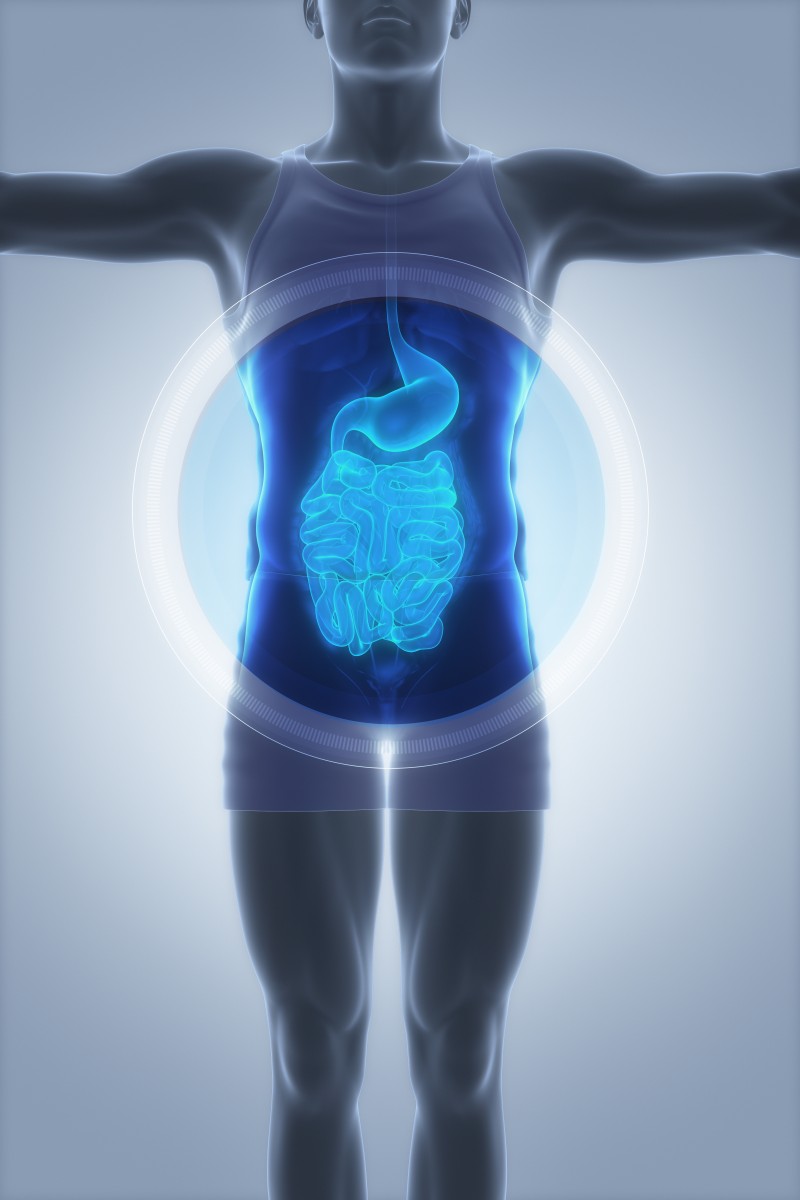Research reported in the August 2015 issue of The Federation Of American Societies For Experimental Biology (FASEB) Journal suggests that in weightless environments, mouse intestine microbiomes undergo changes in the balance of bacteria and the function of immune cells, rendering the gut more prone to inflammation.
The paper, “Simulated microgravity disrupts intestinal homeostasis and increases colitis susceptibility,“ was coauthored by Pingping Li, Junxiu Shi, Peng Zhang, Ke Wang, Jinglong Li, Hongju Liu, Yu Zhou, Xi Xu, Jie Hao, Xiuyuan Sun, Xuewen Pang, Yan Li, Hounan Wu, Xiaoping Chen, and Qing Ge, variously of the Key Laboratory of Medical Immunology, Ministry of Health, Department of Immunology, School of Basic Medical Sciences, and Peking University Medical and Health Analytical Center, Peking University Health Sciences Center, Beijing, China; State Key Laboratory of Space Medicine Fundamentals and Application, Chinese Astronaut Research and Training Center, Beijing, China; and College of Life Sciences and Key Laboratory of Modern Teaching Technology, Shaanxi Normal University, Xian, China
The investigators noted that immune systems can be altered by spaceflight in many aspects, but microgravity-related mucosal immune changes and its clinical significance have not been well studied. The purpose of their study was to investigate whether simulated microgravity influences the intestinal homeostasis and increases susceptibility to colon inflammation.
The hindlimb unloading (HU) mouse model was used to simulate the microgravity condition. The researchers used four groups of mice, with the first and third groups suspended for 14 days by the tail at a 15 degree head-down tilt with their hindlimbs suspended. Access to food and water was ensured using both water bottles and gel packs and food distributed around the floor of the cage. Animals demonstrated no adverse effects or pronounced weight loss. The second and fourth groups were normal. Starting from day seven, the third and the fourth groups were fed with three percent dextran sulfate sodium dissolved in drinking water to induce inflammatory bowel disease (colitis) while the first and the second groups received plain water.
Compared to the second ground control group, the first group with hindlimb suspension revealed altered composition of intestinal bacteria, decreased regulatory T cells, increased neutrophils, and imbalance of pro- and anti-inflammatory cytokines in the colon tissues. The third group with hindlimb suspension had more severe pathology of inflammatory bowel disease when compared to the fourth control group. Symptoms associated included greater weight loss, more severe rectal bleeding and tissue damage, and an increased death rate among the hindlimb suspended mice after colitis induction.
Compared with ground control (Ctrl) mice, the HU mice revealed an impaired intestinal homeostasis and increased susceptibility to DSS-induced colitis — results indicating that the intestinal microflora and innate immune system both respond to simulated microgravity and together contribute to a proinflammatory shift in the gut microenvironment. The data also emphasize the necessity for evaluating the susceptibility to inflammatory bowel diseases (IBDs) in future distant space travel.
“Our study provides useful insights on the cross-regulation of the mucosal immune system, epithelial barrier and commensal bacteria not only in humans in spaceflight or analog, but also in humans on earth that undergo various stresses,” said Qing Ge, PhD, study author from the Department of Immunology at Peking University Health Science Center in Peking, Beijing.
“We already know that a trip to Mars and back may well have serious, possibly permanent, effects on the bodies of the astronauts,” said Gerald Weissmann, M.D., Editor-in-Chief of The FASEB Journal. “Now we learn that the hidden passengers on that mission–the bacteria their gut–will be affected as well. This lends further credence to the fact that life on Earth, including the microbiome, evolved under gravity and needs it to thrive.”
FASEB is composed of 27 societies with more than 120,000 members, making it the largest coalition of biomedical research associations in the United States. FASEDB’s mission is to advance health and welfare by promoting progress and education in biological and biomedical sciences through service to member societies and collaborative advocacy.
Sources:
The Federation Of American Societies For Experimental Biology
FASEB Journal

